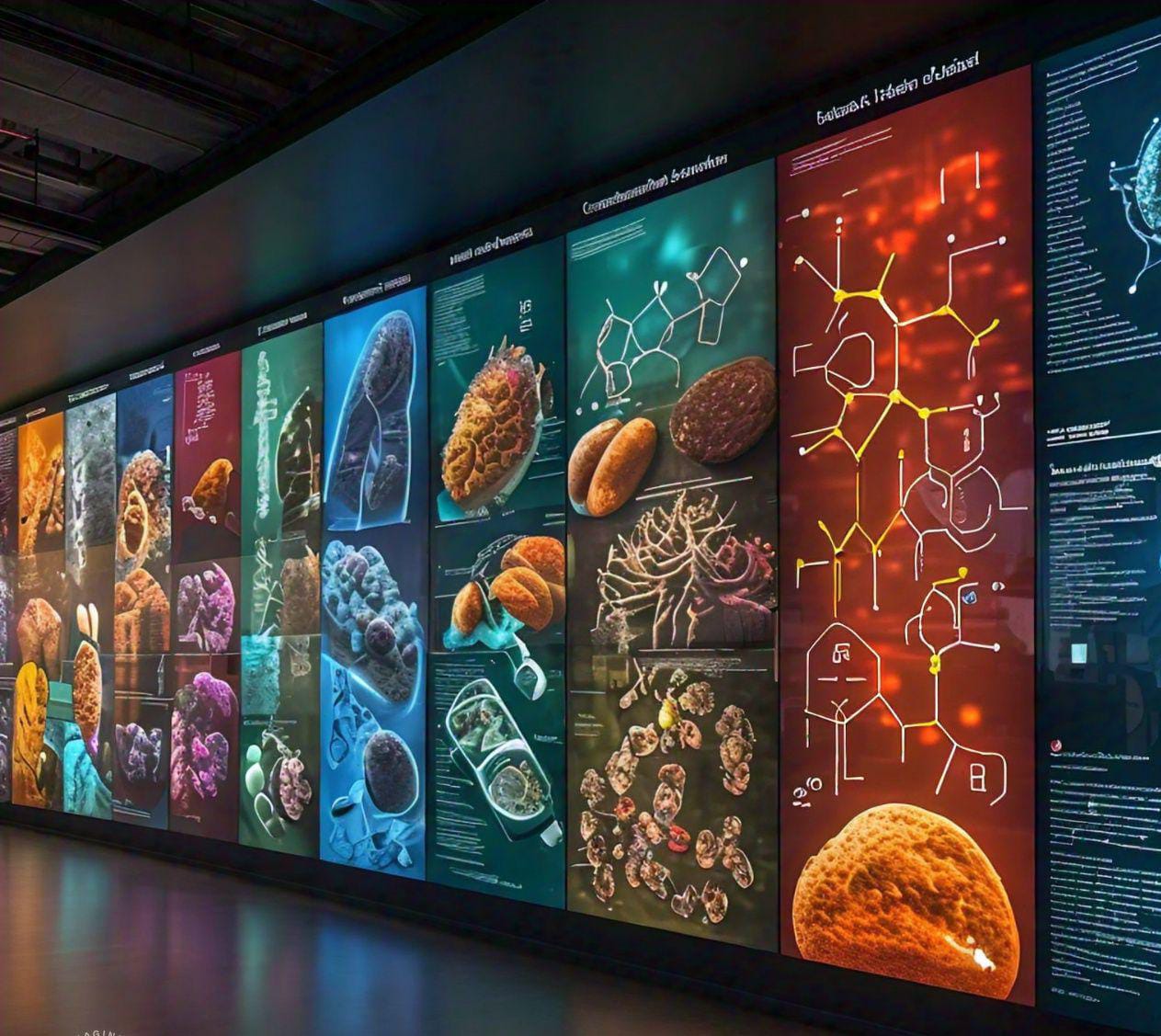The History of Biotechnology: Unlocking Nature’s Secrets
Introduction
- Understanding Biotechnology Biotechnology is a field that merges biology with technology, aiming to manipulate living organisms or their systems for human benefit.
- Importance of Biotechnology in Modern Society Biotechnology has revolutionized various industries, including healthcare, agriculture, and environmental science, offering solutions to complex problems and improving quality of life.
Ancient Beginnings
- Early Examples of Biotechnology Ancient civilizations, such as the Sumerians and Egyptians, practiced rudimentary forms of biotechnology through fermentation processes for food and beverage production.
- The Role of Ancient Civilizations These early societies laid the foundation for future biotechnological advancements by experimenting with natural processes and materials.
Medieval Alchemy and Biological Discoveries
- Alchemy’s Influence on Biotechnology During the Middle Ages, alchemists sought to transmute base metals into gold and discover the elixir of life, inadvertently contributing to the development of chemistry and biology.
- Discoveries in Microbiology and Genetics Pioneering scientists like Robert Hooke and Antonie van Leeuwenhoek made significant contributions to microbiology by discovering microorganisms and developing early microscopes, paving the way for further biological exploration.
The Dawn of Modern Biotechnology
- Contributions of Antonie van Leeuwenhoek Leeuwenhoek’s observations of microorganisms provided the first glimpses into the microscopic world, laying the groundwork for modern microbiology and biotechnology.
- Gregor Mendel’s Experiments and Genetics Mendel’s experiments with pea plants established the fundamental principles of inheritance, leading to the emergence of genetics as a scientific discipline and shaping the field of biotechnology.
The Birth of Genetic Engineering
- Recombinant DNA Technology The discovery of DNA’s structure and the development of recombinant DNA technology in the 1970s allowed scientists to manipulate genetic material, revolutionizing biotechnology and enabling the production of genetically modified organisms.
- The Advent of Insulin Production through Genetic Engineering Genetic engineering techniques have facilitated the mass production of insulin through genetically engineered bacteria, providing life-saving treatment for individuals with diabetes.
Biotechnology in Agriculture
- Green Revolution and Biotechnology Biotechnological innovations, such as the development of high-yield crop varieties and pest-resistant plants, played a crucial role in the Green Revolution, significantly increasing agricultural productivity and addressing food scarcity.
- Genetically Modified Organisms (GMOs) Controversy The widespread adoption of genetically modified crops has sparked debates regarding their safety, environmental impact, and ethical considerations, highlighting the complex nature of biotechnological advancements in agriculture.
Medical Advancements
- The Human Genome Project The completion of the Human Genome Project marked a milestone in biotechnology, providing insights into human genetics and laying the foundation for personalized medicine.
- Personalized Medicine and Gene Therapy Advances in biotechnology have enabled the development of personalized medicine tailored to an individual’s genetic makeup, as well as innovative gene therapy treatments for genetic disorders.
Industrial Applications
- Bioremediation and Environmental Cleanup Biotechnology offers solutions for environmental challenges through bioremediation, utilizing microorganisms to degrade pollutants and remediate contaminated sites.
- Biofuels and Renewable Energy Sources The use of biotechnology in the production of biofuels from renewable resources presents a sustainable alternative to fossil fuels, mitigating environmental impact and addressing energy demands.
Ethical Considerations and Controversies
- Cloning and Stem Cell Research Ethical dilemmas surround biotechnological advancements such as cloning and stem cell research, raising concerns regarding the manipulation of life and the sanctity of human identity.
- Bioethics and Regulatory Frameworks The ethical implications of biotechnology are addressed through bioethical principles and regulatory frameworks, ensuring responsible research conduct and balancing scientific progress with ethical considerations.
Future Prospects
- Synthetic Biology and Artificial Life The emerging field of synthetic biology aims to design and construct novel biological systems, offering potential applications in medicine, energy, and beyond.
- Biotechnology in Space Exploration Biotechnology plays a crucial role in space exploration by enabling life support systems, bioregenerative life support, and the production of bio-based materials in extraterrestrial environments.
Conclusion
- Reflecting on Biotechnology’s Impact The history of biotechnology demonstrates its profound impact on society, from ancient fermentation processes to modern genetic engineering, shaping our understanding of life and offering innovative solutions to global challenges.
- The Continued Evolution of Biotechnology As biotechnology continues to evolve, it holds the promise of addressing pressing issues such as disease, hunger, and environmental degradation, ushering in a new era of scientific discovery and technological innovation.
FAQs (Frequently Asked Questions)
- What are a few instances of agricultural biotechnology applications?
- How has biotechnology revolutionized the field of medicine?
- What are the ethical considerations surrounding genetic engineering and cloning?
- How does biotechnology contribute to environmental sustainability?
- What are the future prospects of biotechnology in space exploration?








